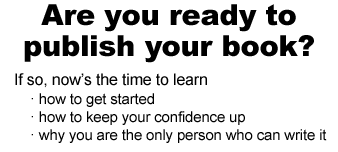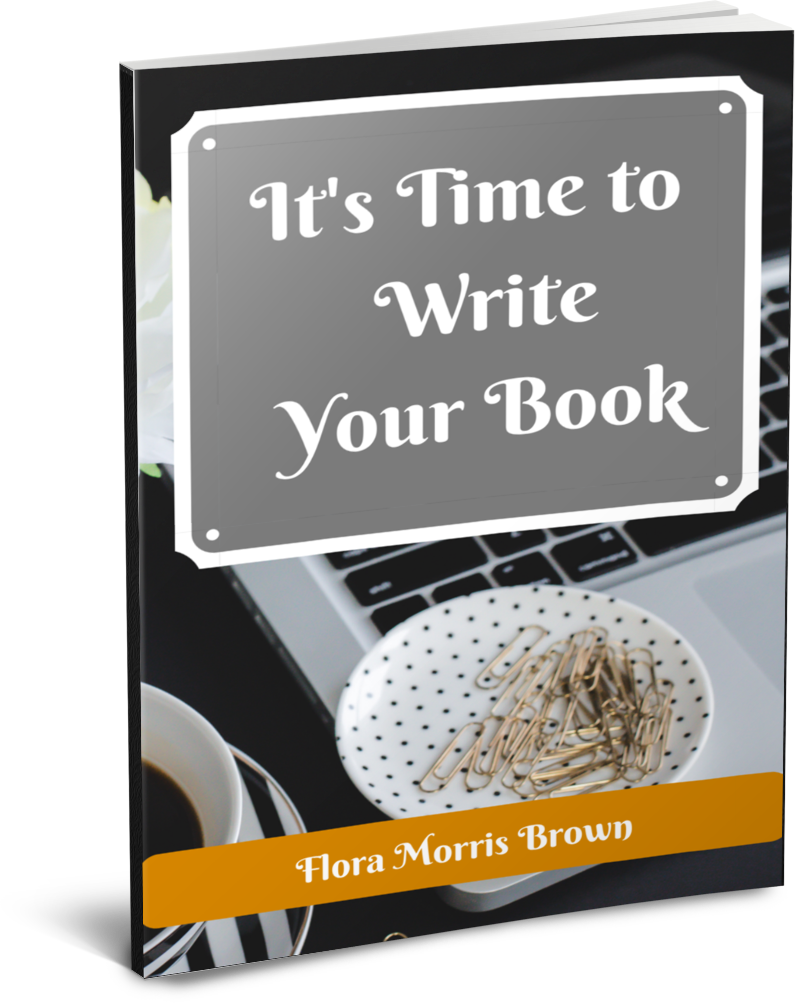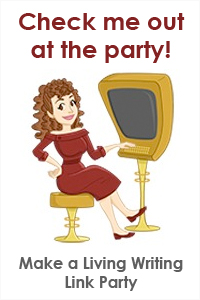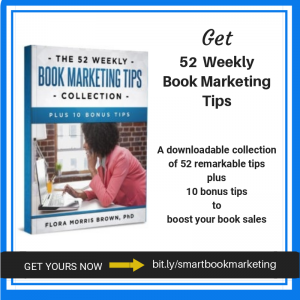 Entering a writing contest helps your writing. The prizes may be great, but they are not the main benefit. Writing well develops over time and requires practice. In addition to your writing projects, contests and competitions give you practice in meeting guidelines, deadlines and sometimes even result in helpful critiques.
Entering a writing contest helps your writing. The prizes may be great, but they are not the main benefit. Writing well develops over time and requires practice. In addition to your writing projects, contests and competitions give you practice in meeting guidelines, deadlines and sometimes even result in helpful critiques.
In the last few years I’ve entered a 100 articles in a 100 days contest as well as 10 articles in 5 days competitions on EzineArticles.com. Even though I didn’t finish all 100 articles in the HAHD contest I did churn out dozens more than I would have otherwise. I did complete the 10 articles in 5 days and won a mug with coaster. Yippee!
I recently entered a six-word challenge at
http://www.smithmag.net/work-inspiration/memoirs.php?q=passion. From now until Labor Day, Smith has teamed up with Mercer to issue a six-word challenge every 2 weeks. Along with your six-word entry you may also submit a photo and a back story. I entered the following six words about work challenge and the photo above.
Here’s my entry in response to the question about what inspires your best work:
Pupils leaning forward minds wide open
Backstory
After teaching junior high through college level for 40 years I still get a tingle when students lean forward, curious and eager to learn. Teaching is a learning exchange.
I’m seldom motivated by the prizes in a contest, but in case you want to know, the prizes are the choice of an iPad2 or Blackberry Playbook. All entries are eligible to be part of a “Six Words About Work” book, along with receiving a free copy of the book.
Hurry if you want to enter. The current theme is Lessons and ends on Labor Day. Get more details at Smith.












